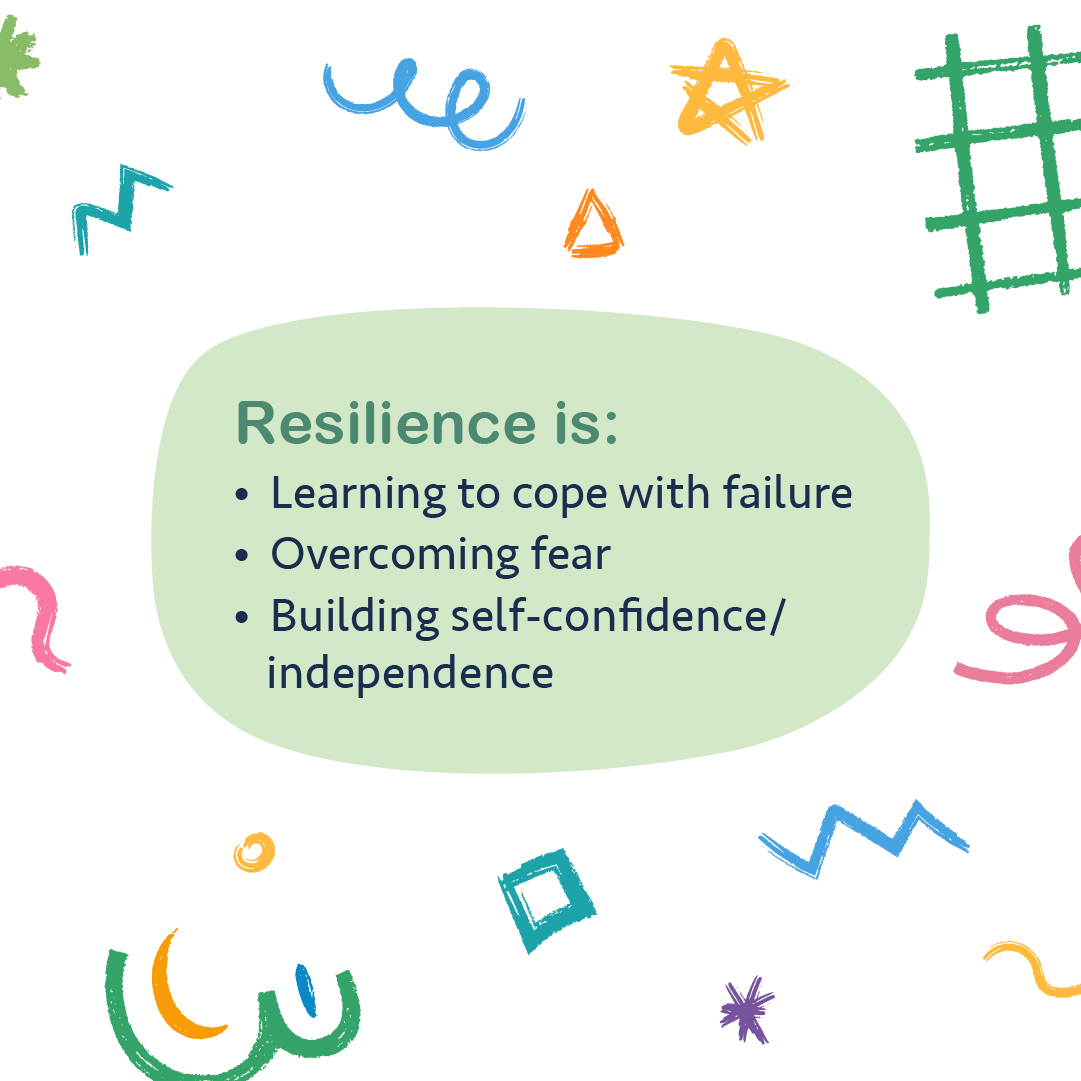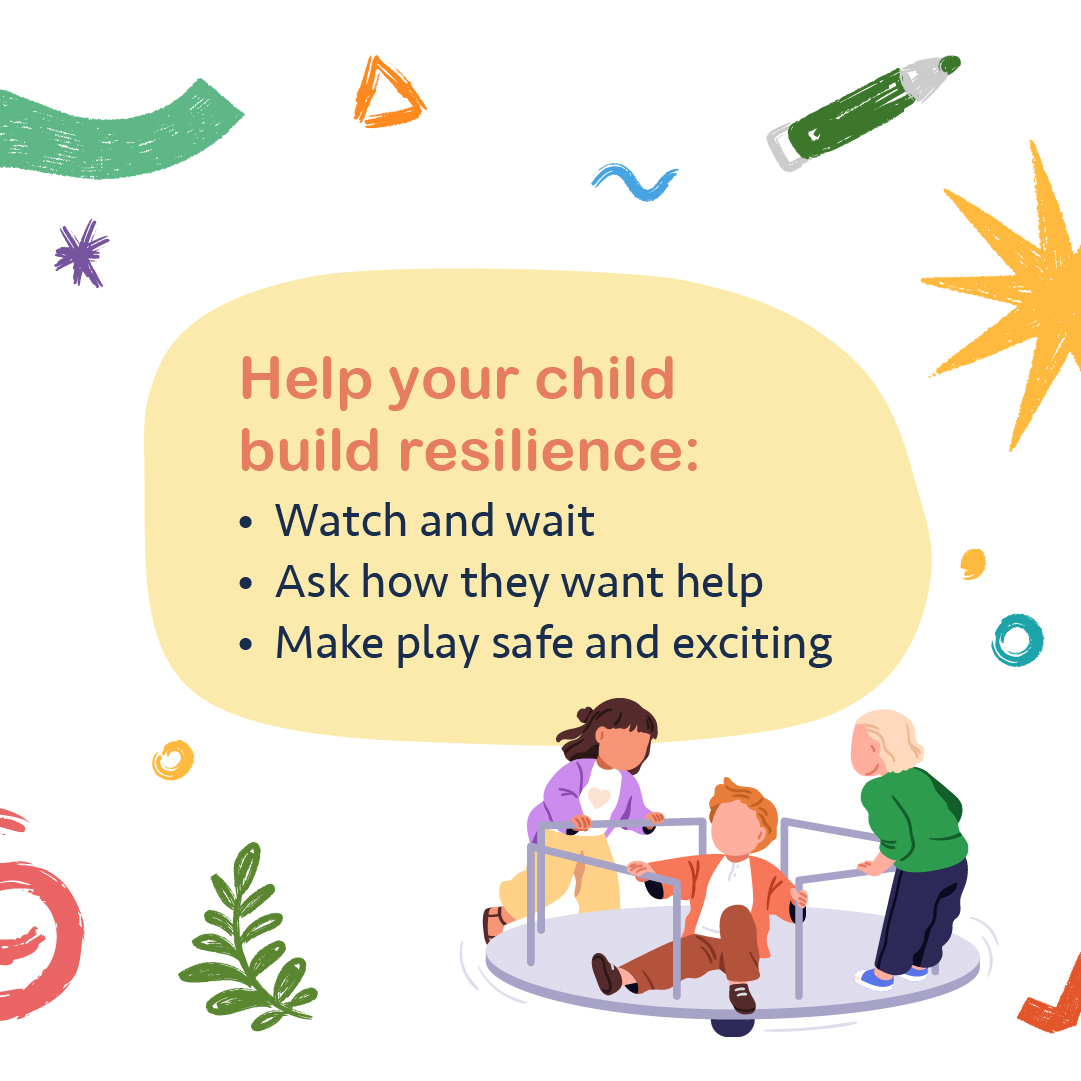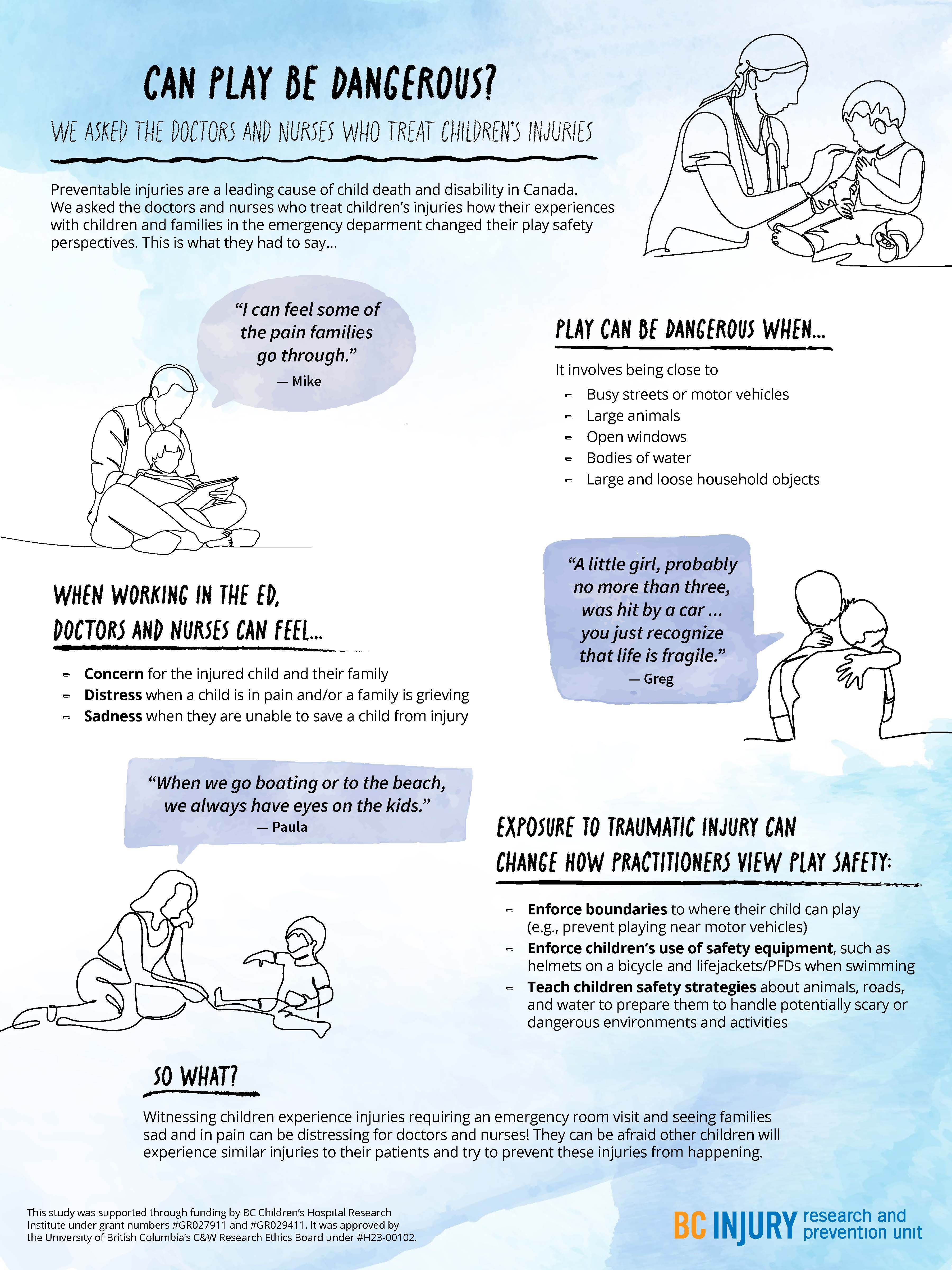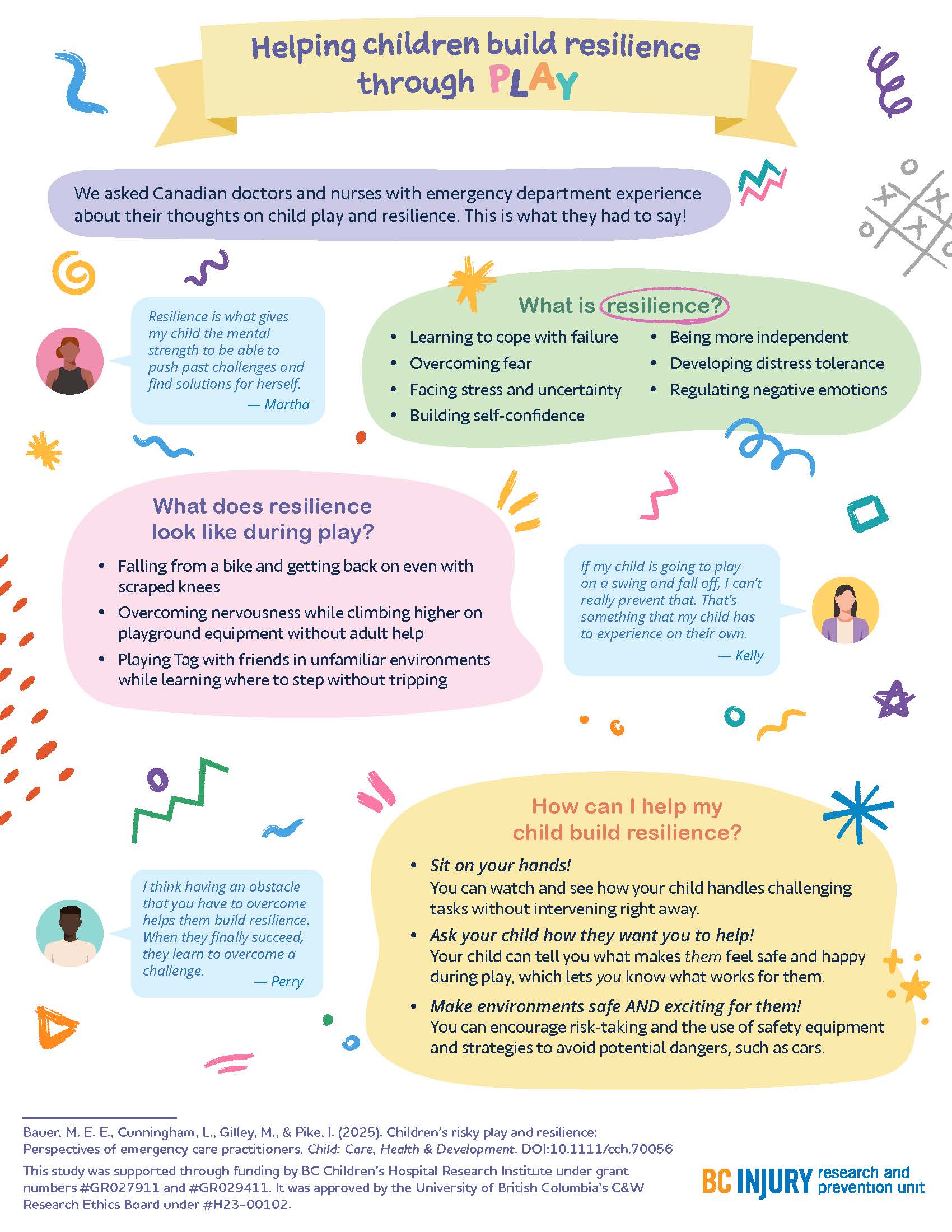Study: Better information on concussion in youth sport is needed

More than half of concussions in North America are among youth, the most at-risk group for brain injury from sports.
To tackle this issue, researchers at the University of British Columbia Vancouver are seeking participants to take part in the SHRed Concussions study (Surveillance in High School to Reduce Concussions and Consequences of Concussions in Canadian Youth), funded by the National Football League.
Drs. Shelina Babul and Ian Pike, the study’s lead investigators from UBC Vancouver, explain how this new study will ensure that youth get back to sports without long-term complications.
Why do we need to be concerned about concussion in youth sport?
When it comes to concussion, children and youth have longer recovery times than adults. Youth face heightened risk of traumatic brain injury (TBI) through sport—yet we have limited understanding of the risk factors for concussion, concussion diagnosis, and how the developing brain recovers from this injury. In BC, from 2012-2017, children aged 0 to 14 years-of-age had the highest rate of emergency department visits for concussion, followed by individuals 15 to 24 years.
What are you hoping to learn through the SHRed Concussions study, and why is it important?
Our goal is to improve concussion care for children and youth. Our current understanding of sport-related concussion comes largely from adult studies and anecdotal evidence. Among youth, we are less able to predict the recovery path and have little understanding about long-term effects. We need better information on youth concussion and better tools to guide clinical decision-making and inform management and treatment.
What are the benefits to my child if they participate in SHRed?
If any participant sustains a concussion over the duration of the study, they will have access to accelerated concussion care by being immediately scheduled to see a sports concussion specialist. Research shows that recognizing and treating symptoms as soon as possible will change the management and treatment of concussions in children and youth. It will also allow for a faster and safer return to school and sport.
Who is eligible to participate?
We are working with high school, club, and community teams in the following sports: basketball, football, ice hockey, ringette, lacrosse, rugby, soccer, volleyball, cheerleading, alpine skiing, sledge hockey, or wrestling teams in British Columbia. The target group is male and female athletes 13-17 years old.
What does participation in the study entail?
If an individual or team chooses to participate, they will be invited for a telephone screening interview followed by a baseline assessment where various physical measures and online questionnaires will be completed. The researchers will follow all public health measures and ensure strict hygiene and sanitation protocols to prevent the spread of COVID-19.
Those interested in taking part can contact the study coordinator at shred@bcchr.ca or online.
Media Coverage
Helping youth ‘shred’ the burden of concussion: BC Children’s Hospital Research Institute (March 17, 2022)
BC team recruiting young athletes for study on youth concussions: Global News BC (March 17, 2022)
Examining the effects of sport-related concussions in BC teens: CityNews BC (March 17, 2022)
- distress when a child was in pain and when a family was grieving; and
- sadness in the event they were not able to save a child in their care.
- concern for the injured child and the child’s family;
Particularly traumatic events, such as those involving vivid sights and sounds (e.g., families holding each other and having extreme reactions), stuck with the practitioners, having long-lasting impressions on them and causing them to re-live these events in the years following their exposure.
Even after their shift was over, practitioners said that they changed how they approached parenting and how they perceived safety during play as a result of witnessing these traumatic events. They reported having more knowledge of the causes and consequences of severe injuries, such as those that require hospitalization or emergency care. For example, practitioners were more likely to enforce boundaries around where their children could play, such as by forbidding their child to play near busy streets. They also were more likely to tell their child about safe play environments and equipment, and put this equipment on their child before play, such as explaining the benefits of using helmets while riding bikes.
Practitioners were more likely to enforce boundaries around where their children could play, and use safety equipment, such as bike helmets.
Practitioners also described being concerned about their children’s play near open windows, around large bodies of water unsupervised, and in environments where firearms were present. They also expressed worry about their children’s play on trampolines and on motorized vehicles, such as ATVs. Findings related to trampoline play safety concerns were published in the journal Injury Prevention.
Observing family grief due to child injury or death affected the mental well-being of health care practitioners, drawing attention to the need for mental health supports for those involved in caring for severely injured and dying patients.


"Raise more resilient children through play...watch and see how your child handles challenging tasks without intervening right away." —Dr. Michelle Bauer
Building resilience through play
How can parents help their children build resilience? By letting them play!
The experiences that practitioners witnessed encouraged them to support their children in building resilience through play; specifically, by supporting children in learning to cope with failure, overcome fear, build self-confidence, develop distress tolerance, and regulate negative emotions. Findings related to building resilience through play were published in the journal Child: Care, Health, and Development.

Parents fostered resilience in their kids by:
- helping their kids get back on bikes after they fell off and wanted to try again;
- sitting on their hands so they did not instinctively reach for their children when their children fell down; and
- encouraging participation in challenging and thrilling activities in forests and water while safety equipment was used.
"There are a few ways that parents can raise more resilient children through play that are supported by literature and our study findings," said Dr. Bauer. "One: watch and see how your child handles challenging tasks without intervening right away."
"Two: Ask your child how they want you to help—let them tell you what makes them feel safe and happy during play. Let them lead. And three: make play both safe and exciting by encouraging risk-taking, teaching them how to avoid hazards, and using safety equipment.”
This research was supported through Drs. Bauer’s and Gilley’s receipt of a clinical and translational research seed grant from the BC Children’s Hospital Research Institute (BCCHR), Dr. Bauer’s BCCHR postdoctoral fellowship award, and additional training provided to Dr. Bauer through her participation in the Programs and Institutions Looking to Launch Academic Researchers (PILLAR) program through ENRICH, a national organization training perinatal and child health researchers.
Learn more about the study through two infographic posters:
Graphics and posters by Milica Radosavljevic











